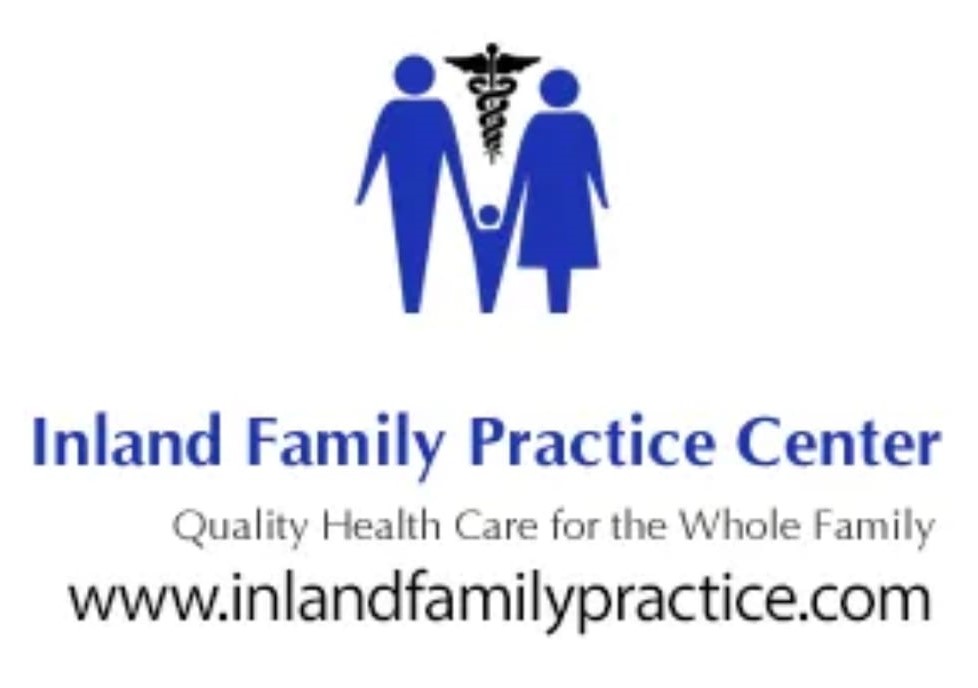Suboxone is a drug containing buprenorphine and naloxone and is the main medication for opioid addiction. The use of Medication-assisted treatment has been shown to lower the risk of fatal overdoses by approximately 50%. Suboxone works by binding to the same receptors in the brain as other opiates. Doing so stops intoxication with these other drugs and it prevents cravings. This allows many people to transition back from a life of addiction. The vast majority of physicians, addiction experts, and advocates agree that Suboxone saves lives. There are several Suboxone myths that we can explore:
Suboxone Myth #1: You aren’t actually recovering if you take Suboxone.
Reality: As addiction is increasingly viewed as a medical condition, Suboxone is viewed as a medication for a chronic condition. For example, a person with diabetes needs to take insulin. So to say that a patient really isn’t in recovery if you are on Suboxone is stigmatizing to people who take Suboxone. That is not the medical reality of effective addiction treatment.
Suboxone Myth #2: People frequently abuse Suboxone.
Reality: Suboxone can be abused because it is only an agonist of the main opiate receptor. It causes less euphoria than the other opiates. In many cases, people may use Suboxone to help manage withdrawal or to get off opiates.
Suboxone Myth #3: It’s as easy to overdose on Suboxone as it is to overdose on other opiates.
Reality: It is extremely difficult to overdose on Suboxone alone. It is more difficult to overdose on Suboxone compared to other opiates. There isn’t as great a risk of slowed breathing compared with potent opiates such as heroin, oxycodone, or morphine. When people do overdose on Suboxone, it is almost always because they are mixing it with sedatives such as benzodiazepines.
Suboxone Myth #4: Suboxone isn’t a treatment for addiction if you aren’t getting MAT with it.
Reality: Addiction treatment can include MAT and therapy, support groups, housing assistance, and employment support. That doesn’t mean that one, in the absence of the others, doesn’t mean Suboxone isn’t a treatment for addiction. About 10% of people with addiction are getting treatment. it is unrealistic to expect that everyone with an addiction will receive every aspect of treatment that they need. This is especially true without access to regular healthcare, insurance, or both.
Suboxone Myth #5: Suboxone should only be taken for a short period of time.
Reality: Expert practitioners have different theories on how long treatment should last for. There is no evidence to support the claim that Suboxone should be taken for a short period of time as opposed to being maintained it for the long term. This is the same as a person would manage their diabetes with insulin for the long term.
One of the main obstacles to getting lifesaving treatment for addiction is the stigma people face. Fortunately, our society’s perception is slowly starting to transform away from an outdated view of addiction as a moral failing. We are moving toward a more realistic, humane view of addiction as a complex disease that needs to be addressed with compassion, as well as modern medical care. Eliminating myths and misinformation about addiction, and supplanting them with relevant, evidence-based treatments, is critical.
Takeaways and Opinions from Inland Family Practice Center:
Inland Family Practice Center’s staff and medical team are always available to discuss what common myths and concerns some patients hear/have. We have a system of transparency when it comes to patients and medical staff regarding the addiction recovery process. If there is ever a question, comment, or concern regarding our Medication Assisted Treatment Programs, please call or contact our medical staff any time @ 601-544-7012

